Refine
Date Range Clear
Recorded by Clear
Keywords Clear
Partnerships Clear
- No matching terms.
Organizations Clear
- American Geophysical Union 67
- NASA 18
- National Aeronautics and Space Administration 9
- The American Geophysical Union 5
- American Geopysical Union 4
- 14 more
Places Clear
- AGU 2018 Fall Meeting 167
- Washington DC 165
- AGU 2019 Fall Meeting 22
- San Francisco 21
- AGU 2017 Fall Meeting 5
- 12 more
Languages Clear
Initiatives Clear
- No matching terms.
Justin Kasper is a Professor of Space Sciences at the University of Michigan, where he designs sensors for spacecraft that explore extreme environments in space. In this interview Dr. Kasper talks about what sparked his interest in space, the rewards...
Frank Schwing oversees the science information division at NOAA and is particularly proud of his transition from doing science to becoming a manager of science. He says, “Working for a federal agency, one of the demands is to make [the...
Through his work with SERVIR, Ashutosh Limaye could be described as one of Earth’s watchdogs. The project scientist at the Marshall Space Flight Center’s job is to take NASA satellite data back down to the Earth and help people use...
As a mission scientist with NASA's Operation IceBridge, John Sonntag has been keeping an eye on the polar ice caps for the better part of 20 years. The good news is, he is very well-versed in the science and analysis...
Richard Alley is a professor in glaciology and loves what he does. He talks about gathering ice cores from Antarctica as an undergraduate, only to return for his PhD and continue the work. He’s measured fallout from atomic bombs tests...
Brad Doorn’s, Water Resources and Agriculture Applied Science Program NASA, work includes forecasting the global food supply, including warnings and predictions about possible problems that might arise due to water supply shortages which can inform global market prices. While the...
An inspiring physics teacher, a lesson on the Copernican Revolution, and an immense awe sparked by the night sky ignited a passion for learning and research for Dr. Thomas Zurbuchen, Associate Administrator for NASA's Science Mission Directorate. Dr. Zurbuchen shares...
Philips Aizebeokhai talks about the path his career has taken, turns and all. Although he started out working in the oil and gas industry, he found himself drawn to academia and the chance to be excited every day through his...
Susan Bates has always been interested by the physical world and especially the ocean. She remembers standing on the beach as a kid in North Carolina wondering where the waves came from. Now, she gets to predict what the ocean...
Bernard Chovitz has seen it all when it comes to geodesy. From before it was an official field in the early 40s to being one of many AGU sections today, Bernard talks about how the field and science in general...
Joseph Westlake is a research scientist at the John Hopkins Applied Physics Lab, and is an expert in plasma and mass spectrometry experimentation. Listen to Dr. Westlake talk about his start in science, the importance of mentorship, and what inspires...
Dawn Wright, ESRI and Mark Parsons, Rensselaer Polytechnic Institute, share with us their journeys into data mapping, and how the field has grown, including at AGU. Before AGU embraced mapping scientists, people were starting to leave AGU. Now, they’re back,...
Sabrina Savage builds instrumentation for solar physics and studies solar flares at NASA’s Marshall Space Flight Center. The technology she helps create delivers the most high-resolution pictures of the sun anyone has ever seen. In a society more dependent upon...
Alan Gorchov Negron and Colten Petersen, University of Michigan, share their stories of becoming scientists, and their hopes for their continued research and involvement in geosciences. What is the role of an earth scientist? What is the role of climate...
Woody Turner, the program scientist for biological diversity and manager for ecological forecasting programs at NASA, and one of the few people in the world who directly harness the power of space to solve a whale of a problem –...
While Patrick Taylor spends a huge chunk of his time in the clouds, his work has nothing to do with daydreaming. The Research scientist at NASA’s Langley Research Center is working on understanding more about the role of clouds in...
Chris Atchison didn’t set out to create a project tailored for students with physical and sensory disabilities but ending up doing so anyway. He talks here about working on a virtual reality project and, when trying to find students who...
Miguel Román, a Physical researcher Scientist at NASA's Goddard Space Flight Center, shares his journey from his childhood in San Juan, Puerto Rico to NASA. Seeing the impacts of hurricanes and urban growth where he grew up, and the practical...
For Ved Lekic, the opportunity to interview his mentor, Barbara Romanowicz, was a little daunting, so he brought along some questions. Once the conversation turns and Ved has a chance to answer some questions as well, we meet a very...
The potential downside of a career in always seeking discoveries is that it may stunt the development of your confidence. Even as someone who walked into NASA, living the dream in his mind, Nathan Kurtz experiences that downside, politely calling...
William Putman, research meteorologist with NASA , was always fascinated by the way meteorologists on television could predict what was going to happen. But instead of comparing weather reports with the blowing of the trees outside his house, Putman now...
Ingrid Hendy, Professor at the University of Michigan and section president-elect, shares stories about discoveries in her field and the challenges she faced. She reflected on the curious zebra striped sediment that lured her into her field – mud she...
Dr. Amy Winebarger is an astrophysicist in the Heliophysics and Planetary Science Office at NASA. Listen to Amy talk about what makes sounding rockets awesome to work with, the rewards of being a mentor, and how a New York Times...
Robin Bell, Carol Finn, and Carol Raymonds reflect on their experiences in the field and how that has affected their personal and professional lives. (Recorded 14 December 2017)
Michael Freilich, Director of NASA's Earth Science Division, shares about his life studying the oceans and Earth as a system. While still in his high school's oceanography club, he started exploring a question about how waves move that later became...
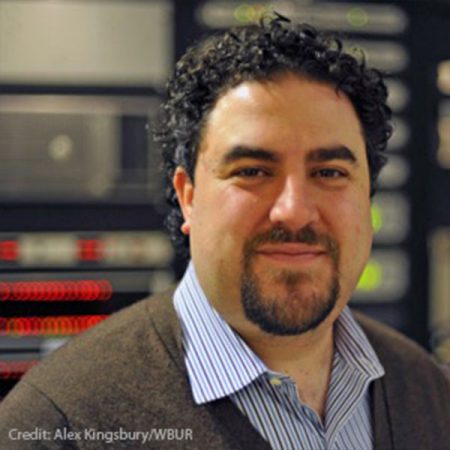
![“We've never had a [unified ocean] policy until the Obama administration; it was quite satisfying work .” An interview with Frank Schwing](https://archive.storycorps.org/uploads/2019/08/181212_Schwing-450x450.jpg)
![“[Better satellite monitoring] will improve our ability to bridge the gaps between the haves & have nots." interview with Ashutosh Limaye](https://archive.storycorps.org/uploads/2019/02/181213_Limaye-450x450.jpg)
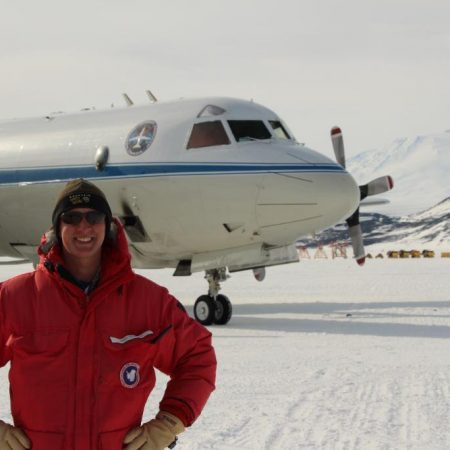
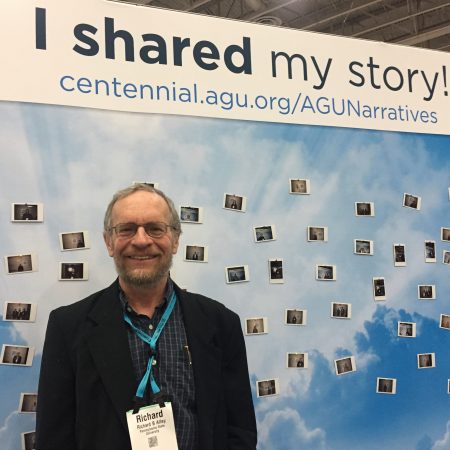
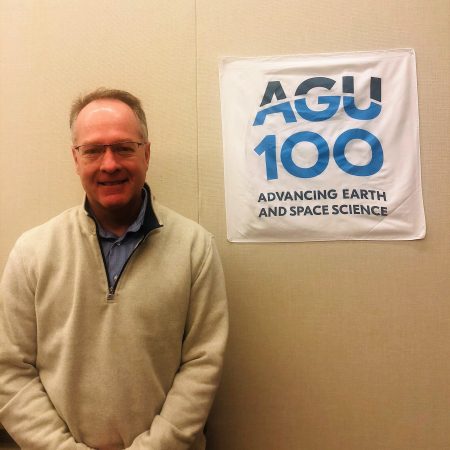
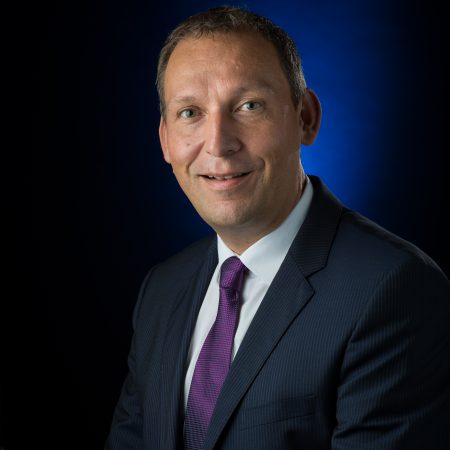
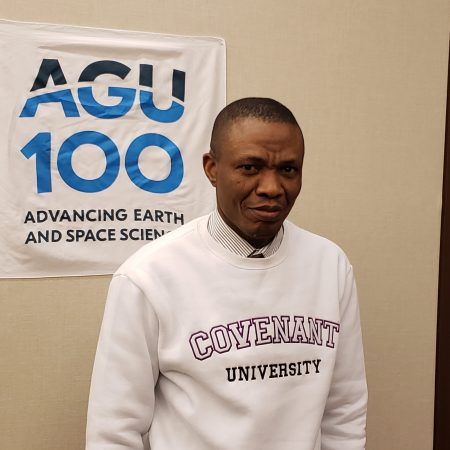
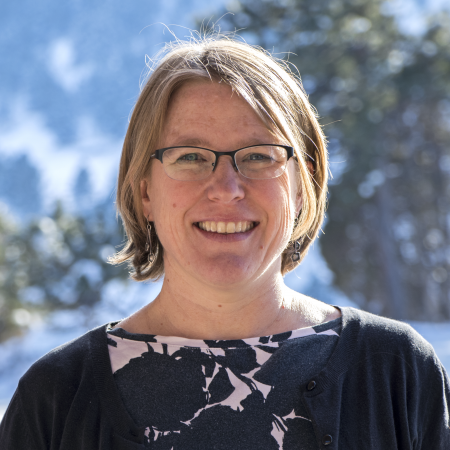
![“I am very proud to be in the same issue [of Time Magazine] with Marilyn Monroe on the cover.” An interview with Bernard Chovitz](https://archive.storycorps.org/uploads/2019/07/181213_Chovitz_Booth-450x450.jpg)
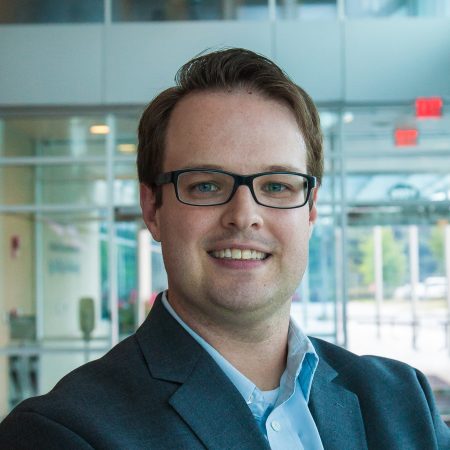
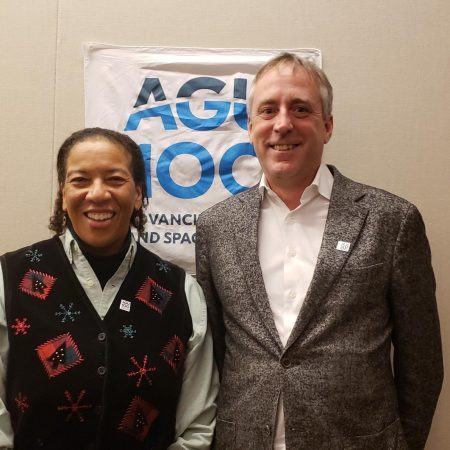
!["The sun is a terrifying and beautiful laboratory of which we know only a little [about]." an interview with Sabrina Savage](https://archive.storycorps.org/uploads/2019/02/20181213_Savage-450x450.jpg)
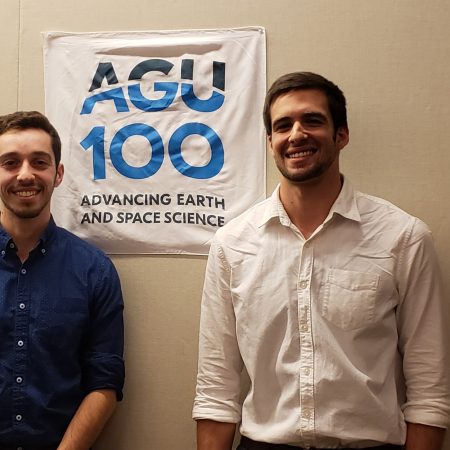

!["Something I learn today is something that [could help] society tomorrow." an interview with Patrick Taylor](https://archive.storycorps.org/uploads/2019/02/181211_PatrickTaylor-450x450.jpg)
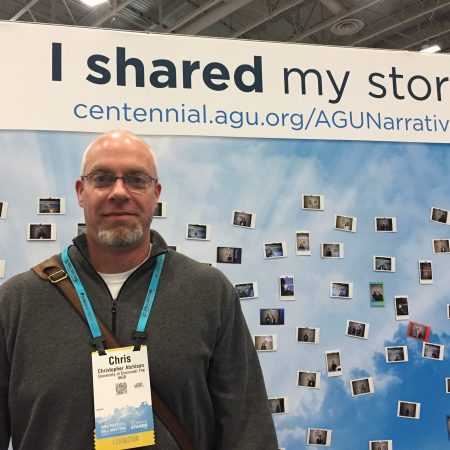

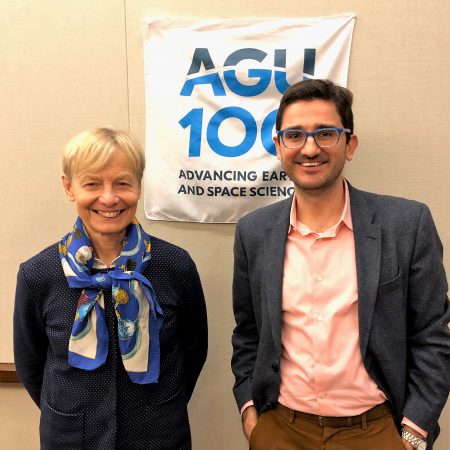
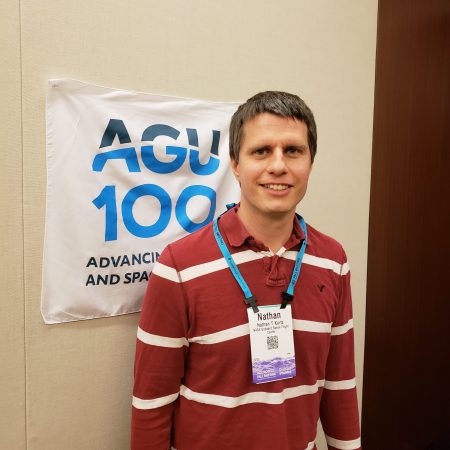
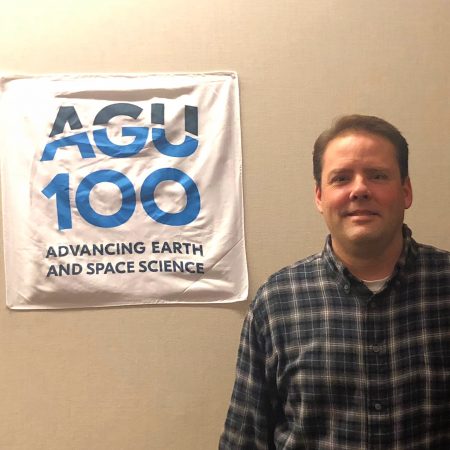
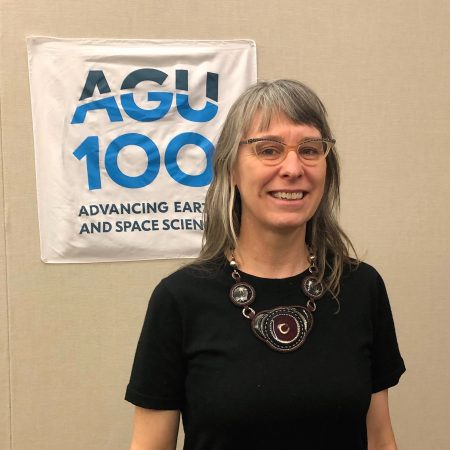
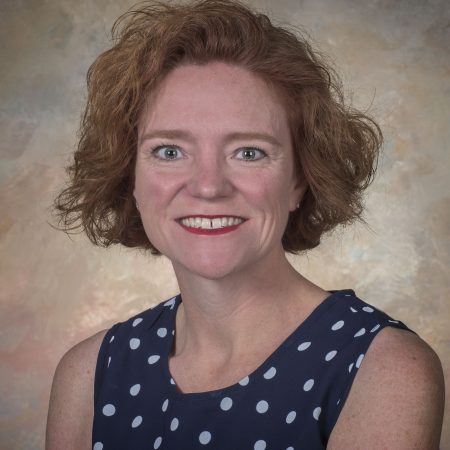
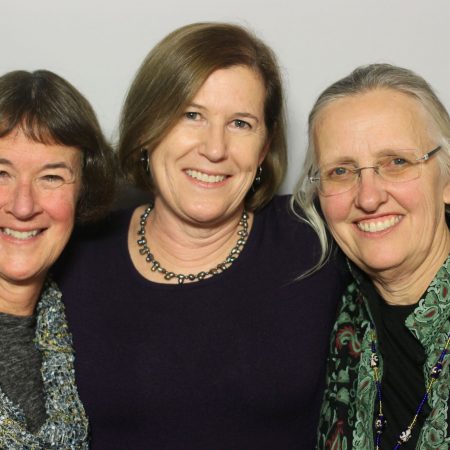
!["I joined an Oceanography club & actually asked the question that ended up [being] my thesis." an interview with Michael Freilich](https://archive.storycorps.org/uploads/2019/02/181212_Freilich-450x450.jpg)